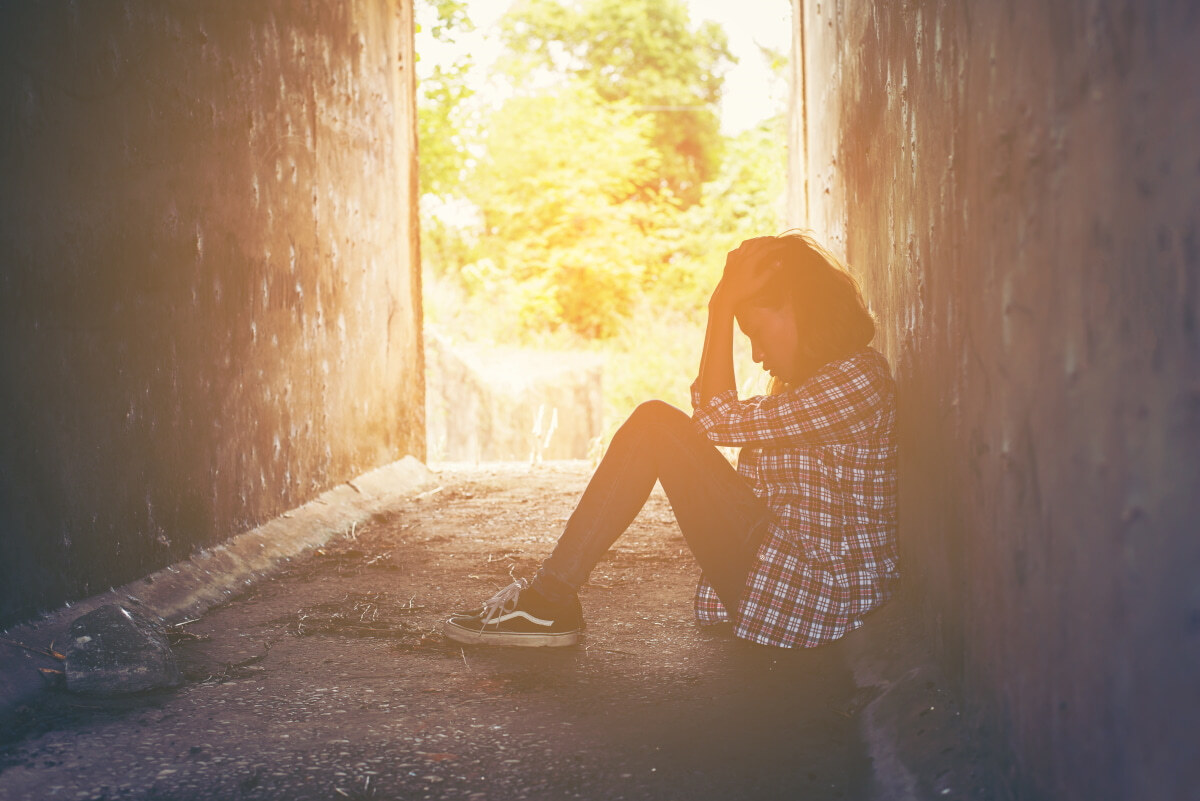Signs of Depression in Teenagers
Depression is common among Young People as well
According to a recent article published on MentalHealth.org.nz on young New Zealenders depression, one in four adolescent girls in New Zealand report having depressive symptoms at some point during their teen years, while among males this was slightly less prevalent, with one in six being affected.
Depression is a key risk factor for suicide in young people, so it is important to be vigilant of its signs, so that early help can be provided.
It can be challenging to spot depression in teenagers, because its symptoms do not usually manifest in the same way as they do in adults. This is likely due to differences in hormone balance, neurotransmitters as well as due to the different nature of stressors at this specific life-stage (such as pressures regarding academic performance, career decisions, the beginnings of the first romantic relationships etc..).
The signs and symptoms listed in this article may help you identify whether a young person in your life is suffering from depressive symptoms. This article is not intended to serve as a diagnostic tool; for professional help, please contact your GP or a counsellor. Nothing can substitute seeking professional help.

Potential signs of depression in young people
One or two of the following signs of depression may be just part of growing up. However, if a child or teenager has had several of them over the past few months and it’s making it hard for them to do everyday things (like study or socialise), depression is a possibility. However, it’s important to consider other causes too.
Symptoms may include:
- being irritable and snapping at others
- low, sad or depressed mood that doesn't go away
- crying easily and often
- lacking concentration and interest in school work, and may stop wanting to go to school
- feeling tired all the time
- feeling stressed or anxious
- changes in appetite
- sleep disturbances
- anger and rage, verbal sarcasm and attack
- overreaction to criticism
- low self-confidence
- feelings of helplessness, hopelessness, and guilt
- decreased interest in hobbies and leisure activities
- thoughts of suicide and self-harm
What to do if you think your child is depressed?
First of all, be supportive towards them and offer them choices. Most adolescents appreciate an open expression of concern from their parents, if it comes from a place of caring. Be careful not to voice your concern as critical or confrontational in any way. Simply state that you are worried about their well-being and offer them choices regarding how they want to deal with the problem.
Potential solutions may include:
- attending a therapy group aimed at young people
- Seeking one-to-one counselling with a childrens’/ young people’s counsellor or therapist
- making an appointment with your GP to discuss your concerns
- making an appointment with the school’s guidance counsellor, if there is one
- seeking out low-cost counselling options, such as Youthline
If you decide to look for a counsellor or a therapy group, make sure that the counsellor or psychotherapist in charge has been trained to work with children and young people. For further information regarding this, and to learn about the differences between young people’s counselling and family therapy, check out the FAQ section on this website.